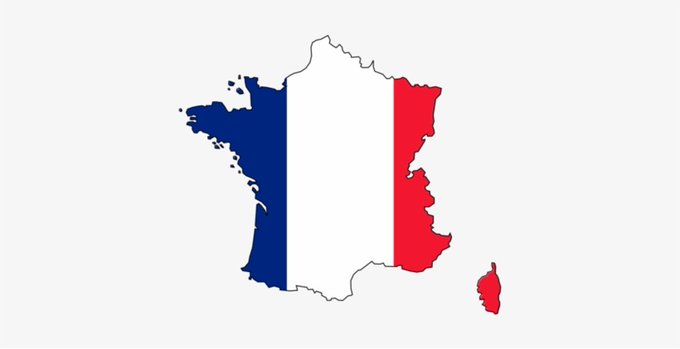I know there’s a lot of
#EnergyTwitter
discussion about electric heating as part of a society-wide decarbonization strategy. Let me share with you some details about how this might look in France.
In brief: it will be hard to electrify heating in France. [THREAD]
12
51
173
Replies
Here is the rate of energy use across all sectors for the entire country of France in a year with typical weather. The peak demand occurs in the evening of January or February and is driven primarily by the need to heat buildings.
5
10
35
The peak demand of ~280 GW in France is met by:
~85 GW electricity
~105 GW gas
~50 GW biomass & district heating/cooling
~45 GW of oil/coal
The lowest demand in the summer holidays is ¼ of peak demand.
2
0
16
Peak energy demand of all forms is ~280 GW. Existing French electric capacity is ~85 GW (up to ~100 GW w/ imports). Yes, electrification will provide efficiency benefits, but we’re still looking at a doubling or tripling of the grid to
#ElectrifyEverything
. That is not trivial.
6
1
26
Let’s look just at heating since the rate of energy consumption at peak is driven extensively by building heat demand. Peak demand is as follows:
~25 GW electric resistance heating
~90 GW gas heating
~50 GW biomass & DHC heating
~30 GW oil/coal heating
5
0
13
Those figures are for a *normal* winter. With a more intensive cold snap (such as the winter of 2012), the demand is much higher. The peak electric demand was 100+ GW, of which 40+ GW was resistance heating.
5
3
17
The demand for electricity varies w/weather: each 1 C drop in temp triggers 2.5 GW increased electric demand. Resistance heaters are not as efficient as heat pumps, but they are linear. Heat pumps non-linearly increase electric demand as temps drop (but from a smaller baseline).
2
2
25
Increasing the electric demand for heating from 25 GW (normal winter) or 40+ GW (cold winter) to 150+ GW (all electric heating even with super-duper heat pumps) requires a substantial build-out of the grid with low capacity factors. THIS IS EXPENSIVE from the grid capacity alone.
6
3
18
Add the equipment & appliance swap-outs within buildings and homes (thousands of Euros apiece for tens of millions of homes and buildings) and it’s even pricier to electrify heating.
This is why we should keep low-carbon gases (RNG, SNG...) part of the conversation. [END]
10
4
25
Maybe the following will find this information on France heating loads to be of interest...
@ElephantEating
@CostaSamaras
@jgkoomey
@drvolts
@RichardMeyerDC
@JesseJenkins
@DustinMulvaney
@arvindpawan1
@emilygrubert
@duncan__c
@joshdr83
@whiphi
@RobGramlichDC
@RobertFares
@mclott
7
1
19
@MichaelEWebber
We did an analysis for a climate neutraly Germany on exactly this. Least-Cost-Result: It's a mix of energy efficiency (i.e. reduce demand in winter!!!), heat pumps and green district heating. Hydrogen is needed, but only as part of green district heating.
4
3
30
@P_Graichen
We concluded the same thing for France and generally speaking we recommend a three-step process:
1) efficiency to avoid as much energy use as possible
2) electrify what you reasonably can
3) low-carbon gases for the rest
District heating can accommodate all 3 and is win-win.
2
0
16
@MichaelEWebber
@RichardMeyerDC
I think recognizing this challenge, you can conclude that all-electric new construction with heat pumps is a great strategy, as these buildings are the most efficient, can more easily incorporate high performance heat pumps in design, and have the least grid impact on cold days
1
0
8
@MichaelEWebber
Probably even worse for colder countries like Canada. Pretty much all air source heat pumps will switch to resistance heating for much of the winter in much of the country. And geothermal is impractical/too expensive in most cases
1
0
3







